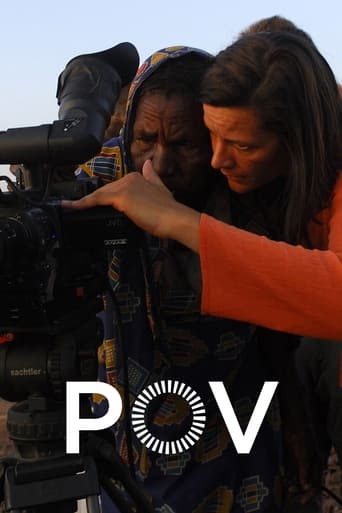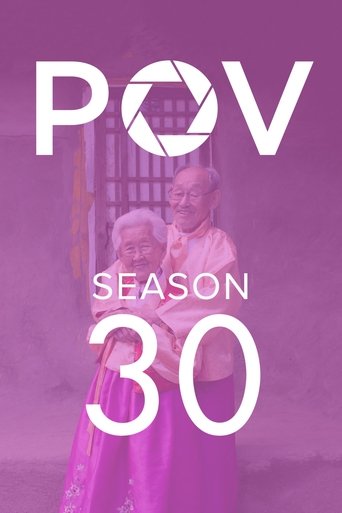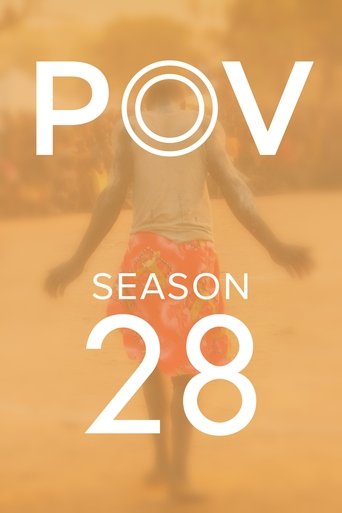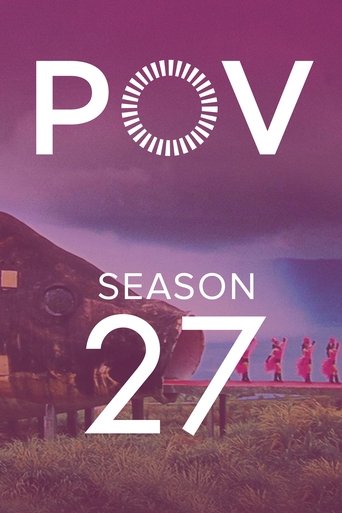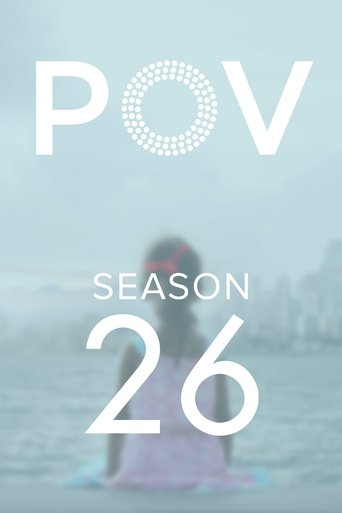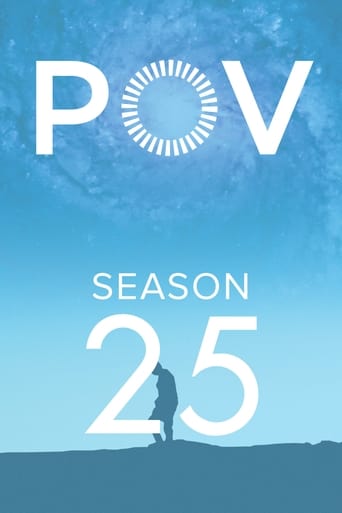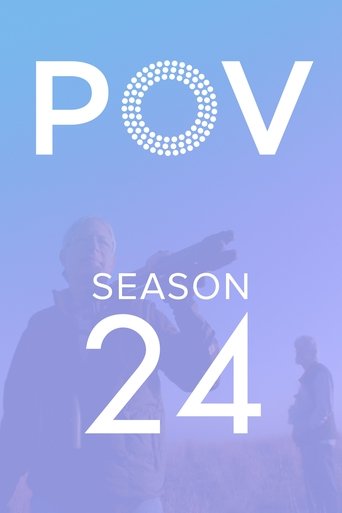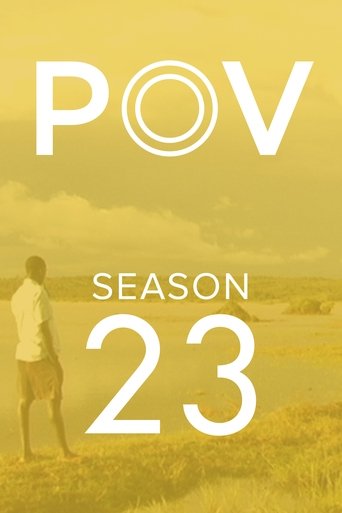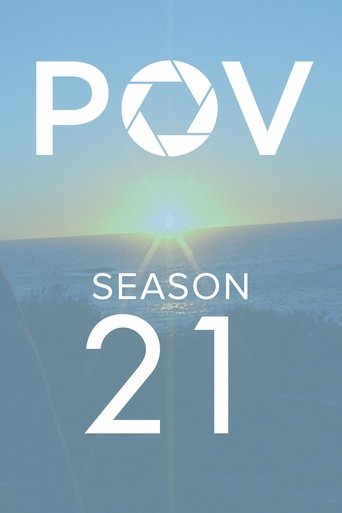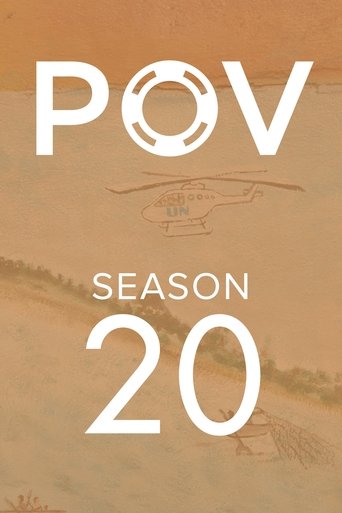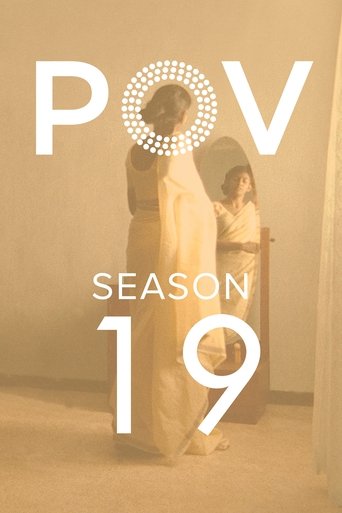POV Season 17
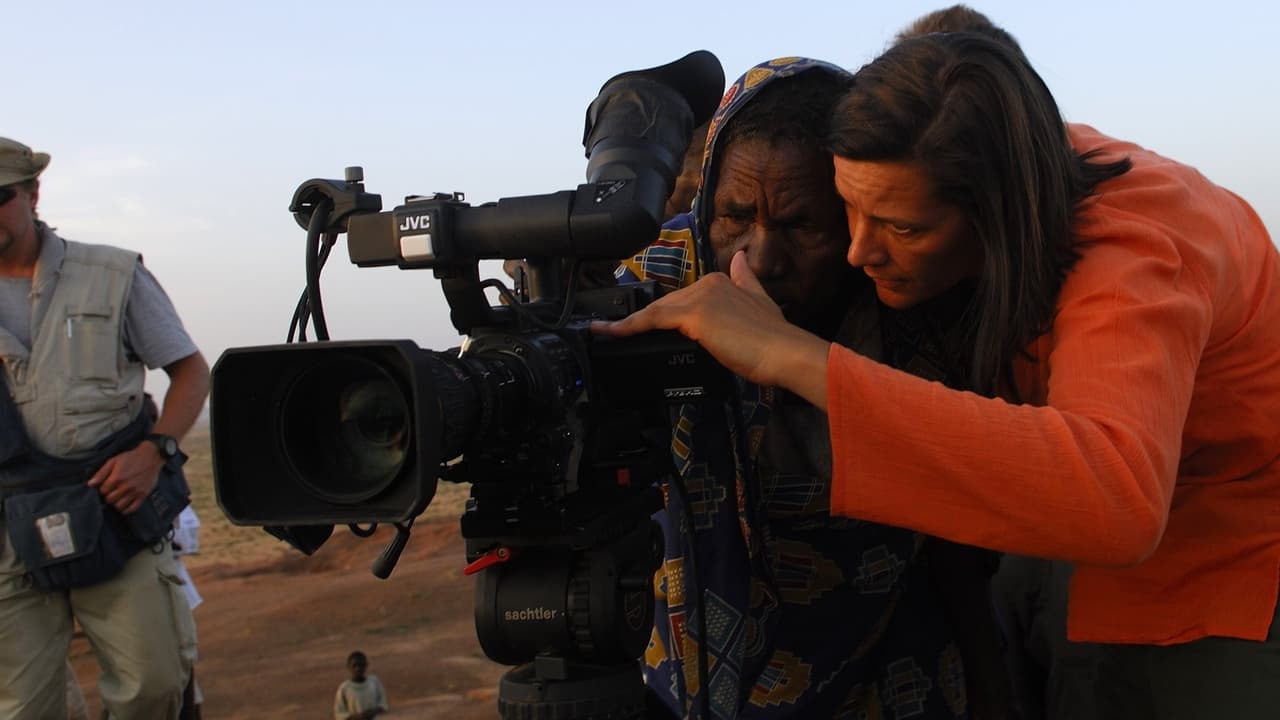
Since its 1988 premiere, this critically acclaimed documentary series has presented hundreds of films that put a human face on contemporary social issues by relating a compelling story in an intimate fashion. "POV" has won virtually every major film and broadcasting award available, including 38 Emmys, 22 Peabody Awards and three Oscars.
Watch NowWith 30 Day Free Trial!
POV
1988

Since its 1988 premiere, this critically acclaimed documentary series has presented hundreds of films that put a human face on contemporary social issues by relating a compelling story in an intimate fashion. "POV" has won virtually every major film and broadcasting award available, including 38 Emmys, 22 Peabody Awards and three Oscars.
Watch Trailer
With 30 Day Free Trial!
POV Season 17 Full Episode Guide
Wattstax is a 1973 documentary film by Mel Stuart that focused on the 1972 Wattstax music festival and the African American community of Watts in Los Angeles, California. The film was nominated for a Golden Globe award for Best Documentary Film in 1974. It was also screened at the 1973 Cannes Film Festival, but was not entered into the main competition.
Lost Boys of Sudan is a feature-length documentary that follows two Sudanese refugees on an extraordinary journey from Africa to America.
Physical and emotional challenges faced by the dwarfs profiled in the 1982 film "Little People."
Teenager Shelby Knox advocates sex education in the high schools of her hometown, Lubbock, Texas.
Shirley Chisholm's 1972 presidential bid.
Pete O'Neal, a former leader of the Black Panthers, lives in exile in Tanzania.
Freedom Machines is a 2004 PBS/P.O.V. documentary that looks at disability in the age of technology, presenting intimate stories of people ages 8-93, whose talents and independence are being unleashed by access to modern, enabling technologies. Nearly twenty years after the Americans with Disabilities Act of 1990, the film reflects on the gaps between its promise and the realities for our largest minority group – 54,000,000 Americans with disabilities. Whether mainstream tools or inventions such as a stair climbing wheelchair, Freedom Machines examines the power of technology to change lives.
Three New York mothers unite to seek justice for police brutality.
A profile of demolition-derby driver Ed "Speedo" Jager.
The movement to take the end of life process out of corporate funeral parlours and put it back into the family's hands.
What is old is often new again. Most funerals today are part of a multimillion-dollar industry run by professionals. This increased reliance on mortuaries has alienated Americans from life's only inevitability — death. A Family Undertaking explores the growing home funeral movement by following several families in their most intimate moments as they reclaim the end of life, forgoing a typical mortuary funeral to care for their loved ones at home. Far from being a radical innovation, keeping funeral rites in the family or among friends is exactly how death was handled for most of pre-20th century America. Prior to the Civil War, caring for and preparing the dead for burial on family farms or in local cemeteries was both a domestic skill and a family responsibility.
Global corporations who buy up local water supplies and sell for profit, including a look at tensions in Bolivia, India and Stockton, Calif.
War Feels Like War is a 2004 British documentary film. It was broadcast in the United States as part of the P.O.V. series. For three months, Spanish filmmaker Esteban Manzanares Uyarra followed five reporters and photographers from Denmark, Norway, Poland, and the United States in Iraq. These journalists circumvented military media control to get access to a different perspective on the Iraq War. As the Coalition of the willing swept into Iraq, some journalists in Kuwait decided to travel in their wake, risking their lives to discover the impact of war on civilians. The journalists include best-selling author P.J. O'Rourke, who was working for ABC Radio, as well as reporters and photographers for news operations ranging from Poland's Radio Zet to Stephanie Sinclair, a photographer for the Chicago Tribune.
"In the current frigid national climate facing economic migrants, Carlos Sandoval and Catherine Tambini enter the traumatized world of Farmingville, a previously unassuming Long Island suburb that witnessed the beating and attempted murder of two Mexican day laborers. What the filmmakers find is the very dangerous, two-edged sword of a growing national crisis: on the one side, the community's increasing population of undocumented aliens, who are crowding into single-family dwellings and assembling on early morning street corners, hoping to grab a day's wage; on the other, Farmingville's home-owning families, many of whom have lived there for generations and are watching what they envision as a bucolic little village slipping away."
Free Trial Channels
Seasons


